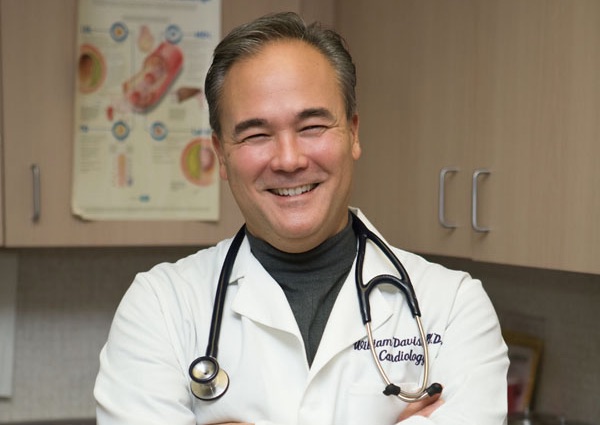
One of the most viewed posts over the years at Good Food Revolution is my 2012 interview with Dr. William Davis (here), the Wisconsin cardiologist who advocates the elimination of wheat and grains from our diets. In that interview, Davis explained his belief that modern “dwarf” varieties of wheat, and the myriad of foods made with them, are responsible for not just unhealthy weight gain (i.e. “wheat bellies”) but also for many of the chronic diseases that plague people in the developed world, like diabetes and heart disease. Three years on, Davis is a multiple best selling author and in-demand speaker, all of which seems to be centred around his website wheatbellyblog.com.
A quick Google search for “wheat belly” will demonstrate that Dr. Davis’ views are not universally accepted. As a general rule, Good Food Revolution stays away from stories that involve a health claim. Our mandate is to support education around artisanal food. The Wheat Belly story is an exception to this rule because of the sheer magnitude of Davis’ following, which makes it a North American cultural food phenomenon. Many of Davis’ ideas about diet balance seem to be working their way into the mainstream and he is, after all, an advocate of eating unprocessed, whole foods.
Davis is set to appear in Toronto at the Total Health Show on April 18-19, so when a publicist for the show offered me a chance to catch-up with him by Skype, I took it to put together the interview below. It has been edited from the original recorded conversation for clarity and style.
THE INTERVIEW
Good Food Revolution: What’s been going on in the three years since we talked about Wheat Belly the book? At the time it was really taking off. But I wondered where you’re at now: what you’re thinking about, writing about, and speaking about.
William Davis: Well, there have a number of important lessons, Malcolm. Some of them great lessons. One is that if this were nothing more than a book, I would have had my three, maybe four months in the spotlight and sold a few thousand copies. That would have been the end of the story. It would have come and gone. What happened instead is this readership continues to grow, as a matter of fact it’s growing faster than ever. So, it’s really not a bout a book anymore, it’s about a movement. This is not about me. I’m not that interesting; my life is not that interesting. I see myself as someone who helps move this along: a curator. And the reason it’s going is [Wheat Belly diet rules] work. If it was just about trying to lose 18 pounds, well, so what? There are a dozen ways to that, called by a hundred different names. But the thing that’s really driving this is the shared experiences, the health experiences that include weight loss but are about so much more. I am grateful that we live in the day and age of rapid dissemination of information, particularly as ignited by social media like Facebook. People are talking to each other and saying, ‘I just wanted to lose a few pounds and fit into a size six dress again, but I lost 43 pounds and I didn’t feel hungry and I don’t have the leg pain from rheumatoid arthritis that they were threatening me with three drugs for, and my acid reflux is gone, I am no longer pre-diabetic, I’m off the medication I took for hyper-tension, and my depression has lifted.’ So, that’s what’s becoming the conversation, and [Wheat Belly] is becoming more of a movement, and not just a book. The books are kind of like little milestones along the way.
GFR: I was poking around your website, and it’s full of testimonials. But it also has a page called “Quick and Dirty” where you seem to basically give out the Wheat Belly diet for free. I thought it was interesting that you would give away your secrets.
WD: It’s never been about selling books, though it’s resulted in that, of course. The theme on all of this is not to pick on wheat, or destroy the grain industry; it’s to help people be healthy. It so happens that the elimination of wheat and grains is the most powerful tool that I’ve ever stumbled upon in 25 years of practice and 57 years of living. Malcolm, I can tell you know with absolute confidence that I have never seen anything that matches the health restoring effect of the elimination of wheat and grains. Nothing close. And what’s wonderful is you don’t need your doctor to do it. You don’t need permission or medical guidance, and it doesn’t cost anything. So, I love tools that empower people in health.
GFR: So, when you speak at a show, like the Total Health Show, what do you say?
WD: Well despite this message being propagated pretty far and wide now, it’s often misunderstood or misrepresented. You probably have heard that this is a gluten-free message, and it is categorically not. Gluten-free is a way of framing it for people who don’t understand all the issues. It’s used by the dead end defenses put up by the wheat trade groups. They hope to turn the conversation away from wheat and grains and towards a feeling that there’s a problem with gluten and the 1% of Americans and Canadians who have celiac disease, so they can argue that there’s no benefit from wheat and grain elimination for the other 99%. That’s either a bald-faced lie or astounding ignorance. I think it’s a little of both.
GFR: Putting aside the scientific arguments, it occurs to me that there doesn’t seem to be much risk in trying [to eliminate or reduce wheat and grains]?
WD: You’re echoing exactly what I would say. There’s really no cost in this. There no system of “cleanses” or special juices. There’s no enema program. [Laughs.] It starts with a shift in your food choices and astounding things happen.
But there is something I want to say about the new conversation we’re having. I draw the analogy to an alcoholic. If you have an alcoholic friend who drinks two bottles of Bourbon a day, and has done so for 20 years, if he stops drinking on Monday, trying to change his ways, should he expect ideal health by Thursday? Of course not. Same thing here. If you take this metabolic poison called modern wheat, and to a lesser degree grains, you do improve your health to an astounding degree, but you may not go all the way. Especially if you have diseases like diabetes, or heart disease, or rheumatoid arthritis, lupus or any of the auto-immune diseases, or chronic skin rashes like eczema, psoriasis or seborrhia. So I’ve added, along the way, other strategies to stack the odds in favour of complete relief from these conditions. It involves that may be familiar to a lot of readers like vitamin D, which has a big, big effect: second in line after grain elimination. Third in line: the cultivation of bowel flora. You know, we live with screwed up bowel flora now because of wheat and grains, sugars, intermittent antibiotics, antibiotic residues in meat, genetically modified Bt corn, the list goes on. When you eliminate wheat and grains, it great time to address unhealthy bowel flora. And there are some other strategies, as well. So I have been cultivating that conversation, to take further down the path of getting back perfect health. Maybe you have Chrone’s disease, and you’ve gone grain free and maybe you’re 70% to 80% better, so you’re left on one drug out of three now. We want to stack the odds even further to going to 100%. I don’t know if we’ll ever get 100% success, but you know we are getting astounding results with the majority of people. It this additional conversation that adds that much more excitement and keeps this going. Because my aim was never to pick on grains, as you know, but to get people healthy and I think it’s working.
GFR: So, it’s an ongoing quest?
WD: We know that the healthcare system, whether it’s the Canadian system or the US system is woefully inadequate. It is an acute care, catastrophic care industry with lip service paid to prevention. You never engage in an hour long health conversation with your doctor. They’re not there for your health! They are there for sick-care. So it’s left to you and me to talk about how we can gain health for ourselves and our families without leaning on this extremely flawed, and largely ignorant, source of information called the doctor, or the people who de facto work for big food or big pharma who are the dieticians and other healthcare workers. So, I love that we live in this time where information can empower us and allow us to use what’s essentially a crowd-source mechanism, whether we call is Skype, or Facebook, or Twitter, or blogs, or whatever. In all these different forms (and they’re evolving), we have been given this incredible gift to empower each other in health. When you put not just a few people together but thousands, wonderful crowd wisdom emerges. The answers that emerge from that process, over time, become incrementally better and I think are already approaching the place where the answers are superior to what you get from your doctor and the healthcare system. That really excites me.
 Malcolm Jolley is a founding editor of Good Food Revolution and Executive Director of Good Food Media, the company that publishes it. Follow him on Twitter or Facebook.
Malcolm Jolley is a founding editor of Good Food Revolution and Executive Director of Good Food Media, the company that publishes it. Follow him on Twitter or Facebook.

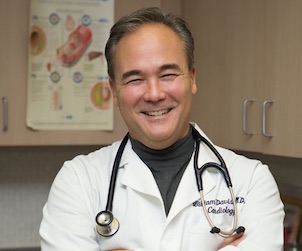

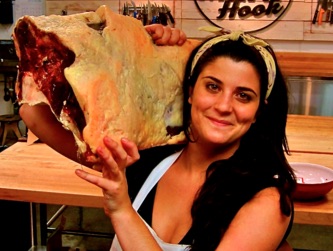
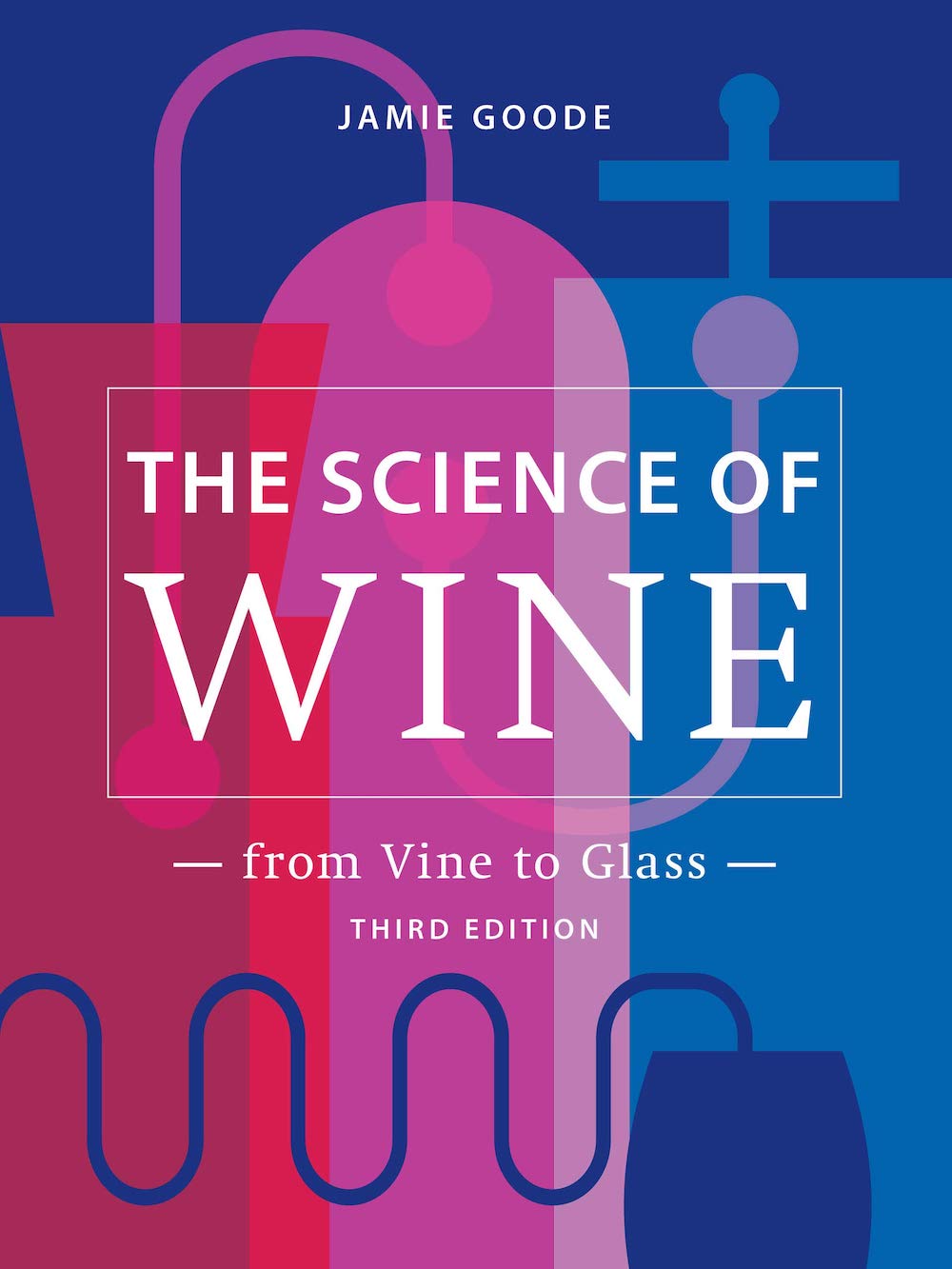

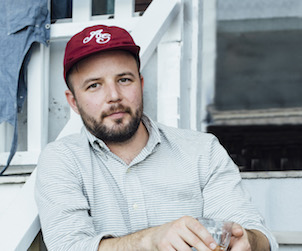

Did you happen to see the Fifth Estate report on CBC several weeks ago regarding Wheat Belly? Busts many of the myths perpetrated by the author of the book.
This remains me of the similar nonsensical diet that said we should not eat eggs or consume butter and that diet was popular for 40 years until it was exposed recently as one person over emphasizing data without scientific support.
Sound like this guy?
Absolutely a mono maniac on a misguided mission.
Eat good wholesome food in balance and forget the quack easy fix diets.